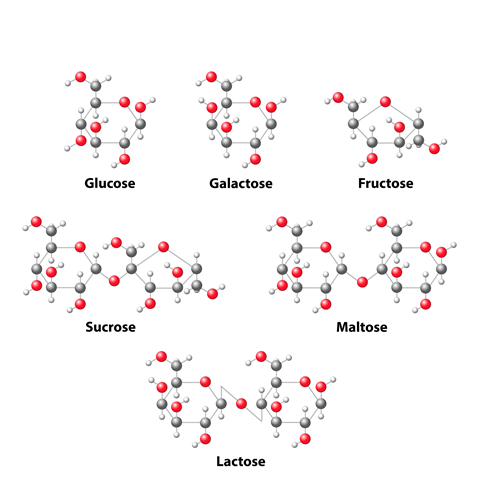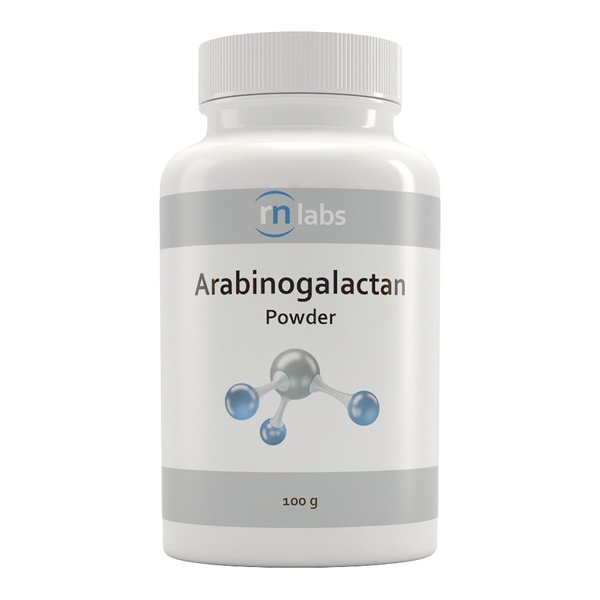
Glyconutrients
Alternate names: Ambrotose, Gluconutrientes, Glyconutriments, Manapol
Actions: Antibacterial, Antifungal, Antioxidant, Antiviral, Gastrointestinal, Immunomodulatory, Neurological, Prebiotic
Background
Glyconutrients are plant sugars linked in chains. The body breaks down these sugar chains into simple sugars. The most commonly used glyconutrients contain plant sugars from aloe and larch arabinogalactan. People use these sugars to make medicine.
Glyconutrients are used for alcoholism, allergy, asthma, and many other conditions, but there is no good scientific evidence to support these uses.
Glyconutrients are used for alcoholism, allergy, asthma, and many other conditions, but there is no good scientific evidence to support these uses.
Safety Safety definitions
When taken by mouth: Glyconutrients are POSSIBLY SAFE when taken in doses of about 2-4 grams daily for 8-12 weeks. They can cause intestinal gas and bloating.
"Auto-immune diseases" such as multiple sclerosis (MS), lupus (systemic lupus erythematosus, SLE), rheumatoid arthritis (RA), or other conditions: Glyconutrients might cause the immune system to become more active. This might increase the symptoms of auto-immune diseases. If you have an auto-immune condition, it's best to avoid using glyconutrients as medicine until more is known.
Special Precautions & Warnings:
Pregnancy and breast-feeding: There isn't enough reliable information to know if glyconutrients are safe to use when pregnant or breast-feeding. Stay on the safe side and avoid use."Auto-immune diseases" such as multiple sclerosis (MS), lupus (systemic lupus erythematosus, SLE), rheumatoid arthritis (RA), or other conditions: Glyconutrients might cause the immune system to become more active. This might increase the symptoms of auto-immune diseases. If you have an auto-immune condition, it's best to avoid using glyconutrients as medicine until more is known.
Effectiveness
Effective Effectiveness definitions
There is interest in using glyconutrients for a number of purposes, but there isn't enough reliable information to say whether they might be helpful.
Dosing & administration
The appropriate dose of glyconutrients depends on several factors such as the user's age, health, and several other conditions. At this time there is not enough scientific information to determine an appropriate range of doses for glyconutrients. Keep in mind that natural products are not always necessarily safe and dosages can be important. Be sure to follow relevant directions on product labels and consult your pharmacist or physician or other healthcare professional before using.
Interactions with pharmaceuticals
Medications that decrease the immune system (Immunosuppressants)
Interaction Rating=Moderate Be cautious with this combination.
Glyconutrients might make the immune system more active. Taking glyconutrients along with medications that decrease the immune system might decrease the effectiveness of these medications.
Some medications that decrease the immune system include azathioprine (Imuran), basiliximab (Simulect), cyclosporine (Neoral, Sandimmune), daclizumab (Zenapax), muromonab-CD3 (OKT3, Orthoclone OKT3), mycophenolate (CellCept), tacrolimus (FK506, Prograf), sirolimus (Rapamune), prednisone (Deltasone, Orasone), and other corticosteroids (glucocorticoids).
Interactions with herbs & supplements
Vitamin B12: Glyconutrients might decrease levels of vitamin B12 in the blood. In theory, this might contribute to vitamin B12 deficiency.
Interactions with foods
There are no known interactions with foods.
Action
Glyconutrients might stimulate the immune system or promote the growth of certain bacteria in the colon that are thought to be beneficial.
vital.ly has licensed monographs from TRC Healthcare.
This monograph was last reviewed on 26/08/2023 10:00:00 and last updated on 12/12/2021 10:25:29. Monographs are reviewed and/or updated multiple times per month and at least once per year.
Natural Medicines disclaims any responsibility related to medical consequences of using any medical product. Effort is made to ensure that the information contained in this monograph is accurate at the time it was published. Consumers and medical professionals who consult this monograph are cautioned that any medical or product related decision is the sole responsibility of the consumer and/or the health care professional. A legal License Agreement sets limitations on downloading, storing, or printing content from this Database. No reproduction of this monograph or any content from this Database is permitted without written permission from the publisher. It is unlawful to download, store, or distribute content from this site.





